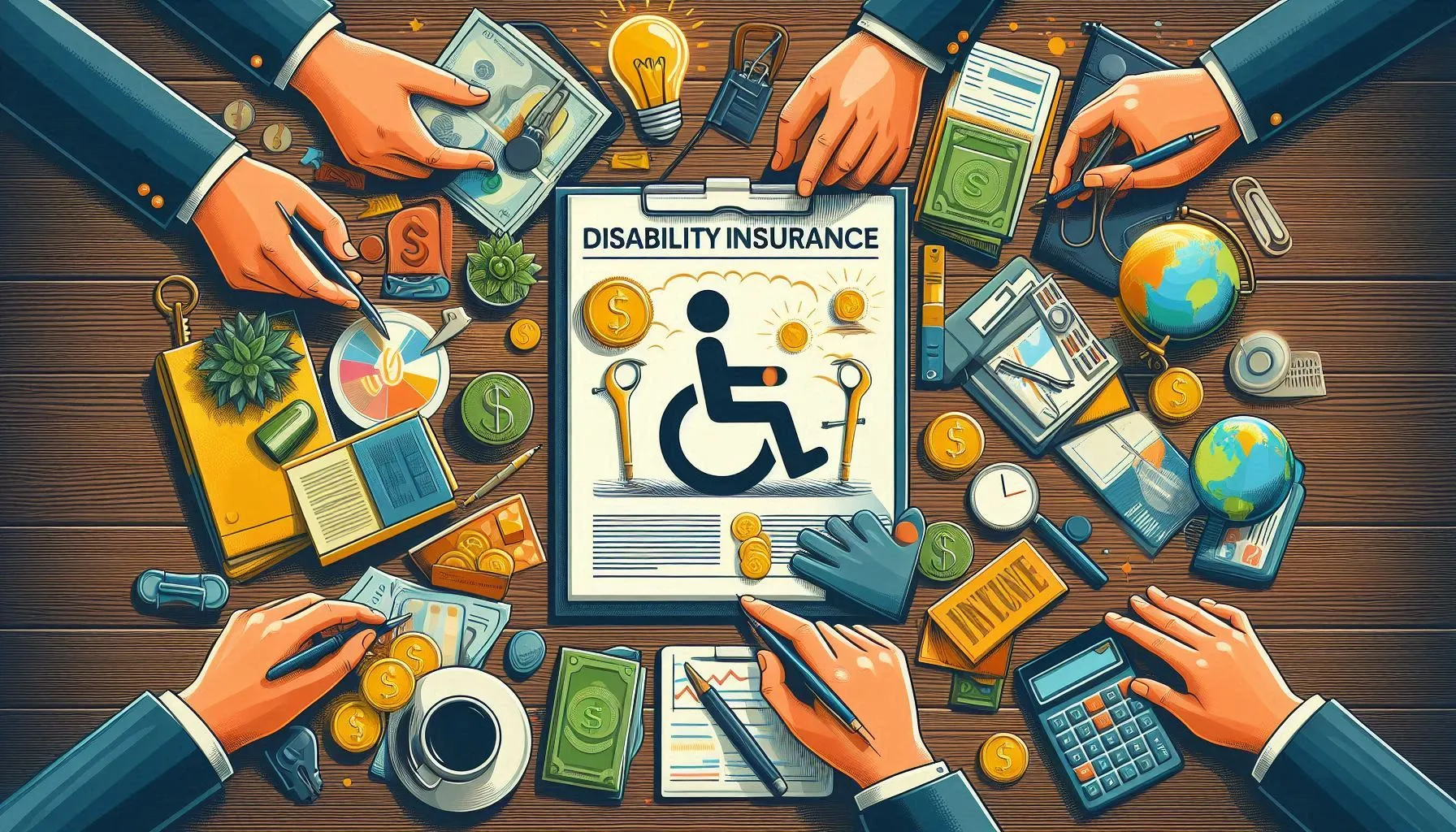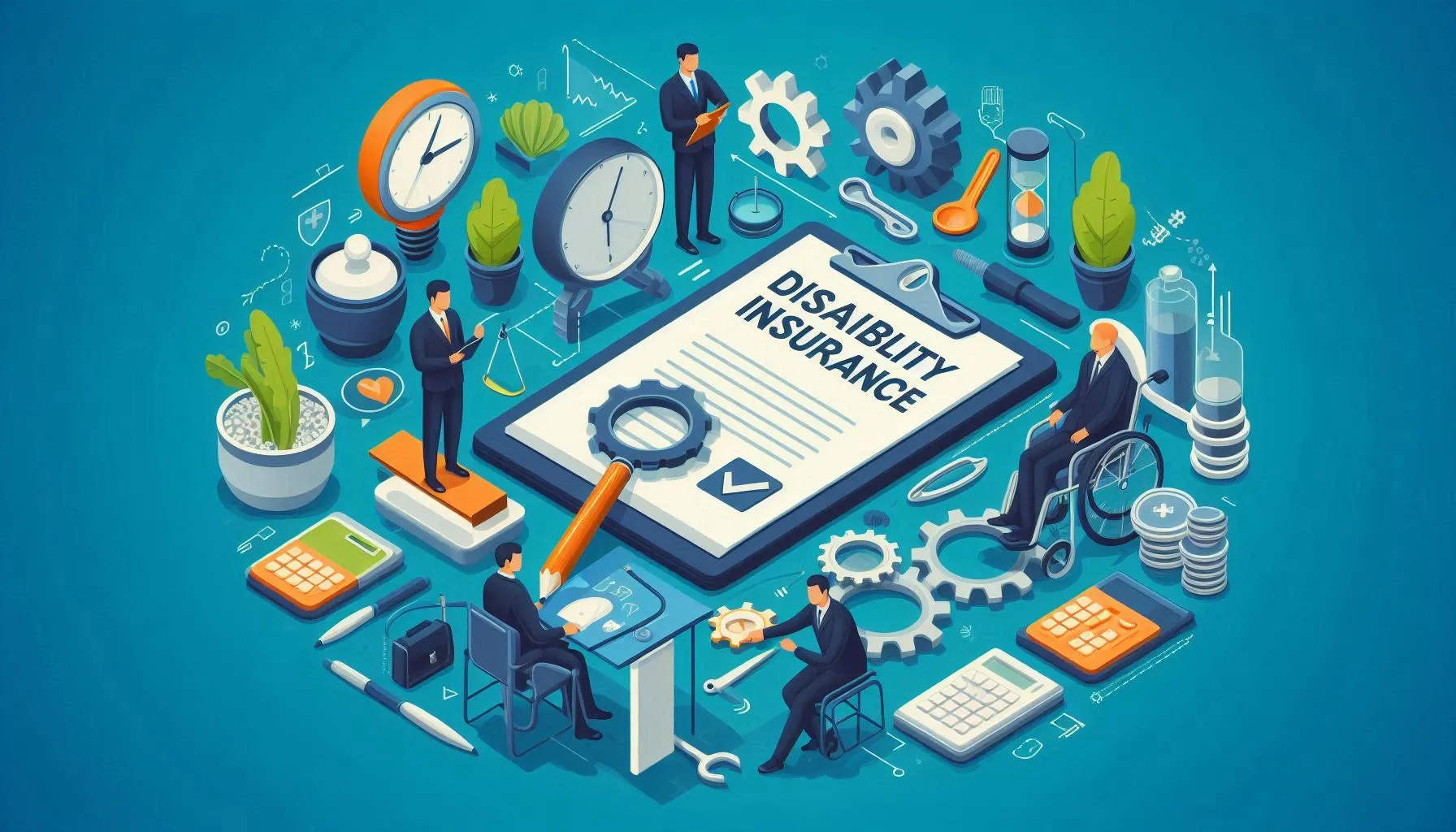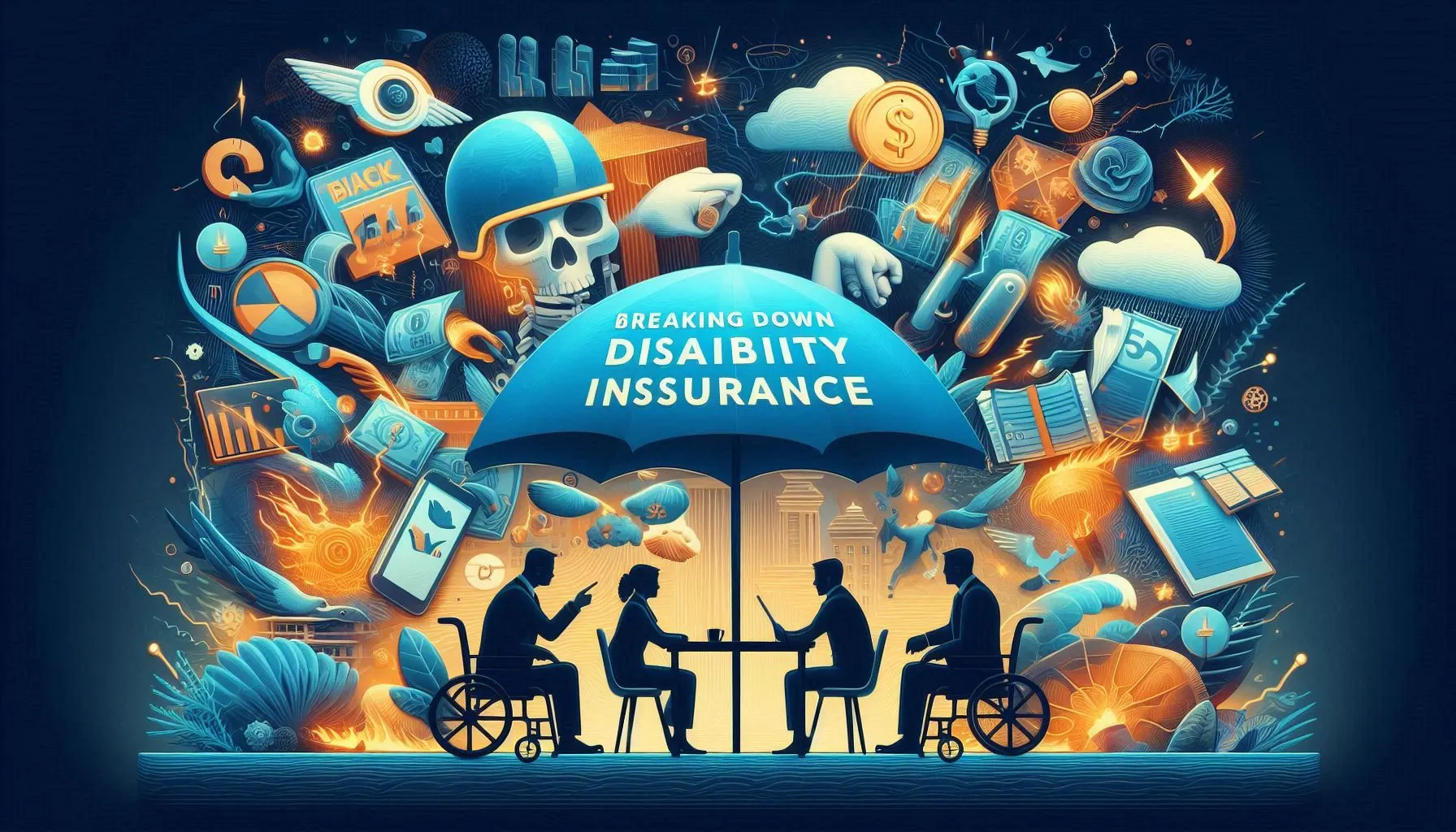Breaking Down Disability Insurance Stereotypes: Myths Debunked
Introduction
Disability insurance is often misunderstood, and myths and misconceptions surround this important type of coverage. For many, the thought of being unable to work due to illness or injury can be overwhelming, and myths about disability insurance can lead to unnecessary anxiety and fear. In this article, we’ll break down the most common stereotypes and myths surrounding disability insurance, and provide a clear understanding of what this type of insurance can do for you. By dispelling these myths, we hope to educate and empower individuals to make informed decisions about their own disability insurance needs.
Despite its importance, disability insurance is often overlooked or misunderstood. In reality, anyone can become disabled at any time, and the risks are higher than you might think. According to the Social Security Administration, one in four of today’s 20-year-olds can expect to become disabled before reaching age 67. With disability insurance, individuals can rest assured that their financial needs will be met, even if they are unable to work due to illness or injury.
Section 2: “You’re Only Eligible for Disability Insurance if You’re Seriously Injured”

One of the most common myths surrounding disability insurance is that you’re only eligible if you’re severely injured or ill. While it’s true that serious injuries or illnesses can be a significant reason for seeking disability benefits, this isn’t the only reason to consider disability insurance. Many people may become disabled due to chronic conditions, such as back pain, migraines, or depression, which can make it difficult to work. In reality, disability insurance can be used to cover a wide range of conditions, from minor injuries to severe illnesses.
Additionally, disability insurance can also be used to cover conditions that are not necessarily work-related. For example, if you contract a serious illness, such as cancer or a heart condition, disability insurance can provide financial support while you’re recovering. Similarly, if you’re involved in an accident, such as a car accident or sports injury, disability insurance can help you cover your medical expenses and lost income.
Section 3: “Disability Insurance is Only for the Self-Employed”

Another common myth is that disability insurance is only for self-employed individuals or small business owners. While it’s true that self-employed individuals may be more likely to need disability insurance, anyone can benefit from this type of coverage. In fact, disability insurance can be especially important for employees, as it can provide a financial safety net in case of illness or injury. Even if you’re an employee, you may be able to purchase disability insurance through your employer or a private provider.
Furthermore, disability insurance can also provide peace of mind for stay-at-home parents or individuals who work in the gig economy. With disability insurance, these individuals can be assured that their financial needs will be met, even if they’re unable to work due to illness or injury. In reality, anyone can benefit from disability insurance, regardless of their employment status.
Section 4: “You’ll Never Qualify for Disability Insurance”

One of the most common misconceptions about disability insurance is that you’ll never qualify. In reality, this couldn’t be further from the truth. While the application process can be complex and lengthy, many individuals are able to qualify for disability insurance. In fact, the Social Security Administration reports that over 90% of initial disability applications are denied, but that doesn’t mean you’ll never qualify.
To qualify for disability insurance, you’ll typically need to meet certain medical criteria, which will be evaluated by an insurance company or the Social Security Administration. In most cases, you’ll need to demonstrate that your condition is severe enough to prevent you from performing your regular job duties, and that it’s likely to last for at least a year or result in death.
Section 5: “Disability Insurance is Too Expensive”

Finally, one of the most common myths surrounding disability insurance is that it’s too expensive. While it’s true that disability insurance can be costly, especially for older individuals or those with pre-existing conditions, it’s often worth the investment. In reality, disability insurance can provide long-term financial security and peace of mind, which can be priceless.
Furthermore, disability insurance can also provide tax benefits, which can help offset the cost. In many cases, the premiums you pay for disability insurance may be tax-deductible, which can help reduce your taxable income. Additionally, if you’re forced to take disability benefits, you may not have to pay taxes on the benefits you receive, which can help you preserve your savings.
Conclusion
Breaking down disability insurance stereotypes and myths is an important step in ensuring that individuals are well-informed and prepared for the unexpected. By understanding what disability insurance can do for you, and by dispelling common misconceptions, we hope to empower individuals to make informed decisions about their own disability insurance needs. Whether you’re an employee, self-employed, or stay-at-home parent, disability insurance can provide valuable financial protection and peace of mind.
